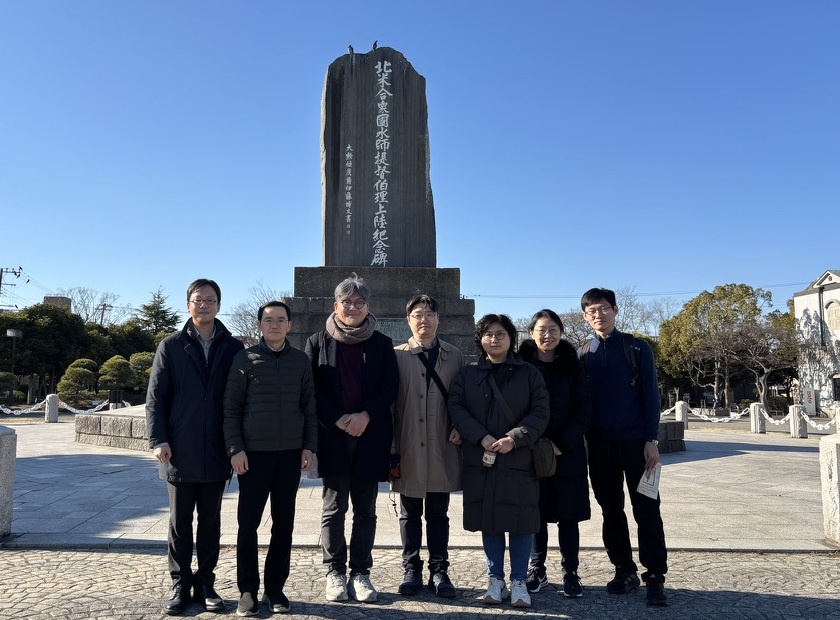Statehood
Comprised of nine research teams, each studying aspects of Korean politics, economy, technology, and culture.
We promote interdisciplinary collaboration and global academic exchange.

Comprised of nine research teams, each studying aspects of Korean politics, economy, technology, and culture.
We promote interdisciplinary collaboration and global academic exchange.
